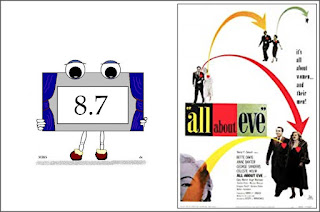Przypadek
English
title: Blind Chance
Also known as: (le) Hasard
Genre: psychological drama
With: Boguslaw Linda (Witold ‟Witek” Dlugosz),
Tadeusz Lomnicki (Werner), Zbigniew Zapasiewicz (Adam), Boguslawa Pawelec
(Czuszka), Marzena Trybala (Werka), Jacek Borkowski (Marek), Jacek Sas-Uhrynowski
(Daniel), Monika Gozdzik (Olga), Zygmunt Hubner (the Dean)
Director: Krzysztof Kieslowski
Screenplay: Krzysztof Kieslowski
Release: 1987
Studio: P.P. Film Polski
Rating: -
MBiS score: 8.6/10
‟Without that bitterness, that hope... life would be lamentable.”
QuickView
Story-line: BLIND CHANCE opens with a simple premise: after the death of his father,
a medical student named Witek undergoes a ‟crisis of faith”, quits school and
decides to go to Warsaw. Once he reaches the train station, however, fate takes
over and leads him through different versions of his life (lasting 60, 40 and 20
minutes respectively on screen).
Pluses: a charismatic cast anchored by Boguslaw Linda, an astute and admirably
structured screenplay that features new and recurring characters who evolve
depending on Witek's circumstances, sober but artistic production values, vitally
important editing (Elzbieta Kurkowska), Wojciech Kilar’s beautiful musical
theme reminiscent of Michel Legrand's finer compositions.
Minuses: if the opening scenes confuse you, focus on Witek. Personally, I didn't
grasp all of the screenplay's subtleties due to my ignorance of recent Polish history but, even then, I was fascinated by Witek's adventures in politics,
religion, education and love.
Comments: in his films, Krzysztof Kieslowski (THREE COLORS, DEKALOG) didn't follow a formula or try to dazzle audiences but aimed for enlightenment and artistic expression (I guess he was also a patient man since authorities apparently delayed this film's release for 6 years by reason of its political content). In true Kieslowski fashion, BLIND CHANCE is unusual, challenging and eloquent in its demonstration of the vagaries of existence (and the heavy hand of communist rulers in this particular case). The more you think about this film, the more powerful it gets.
MBiS
© 2022 – All rights reserved










